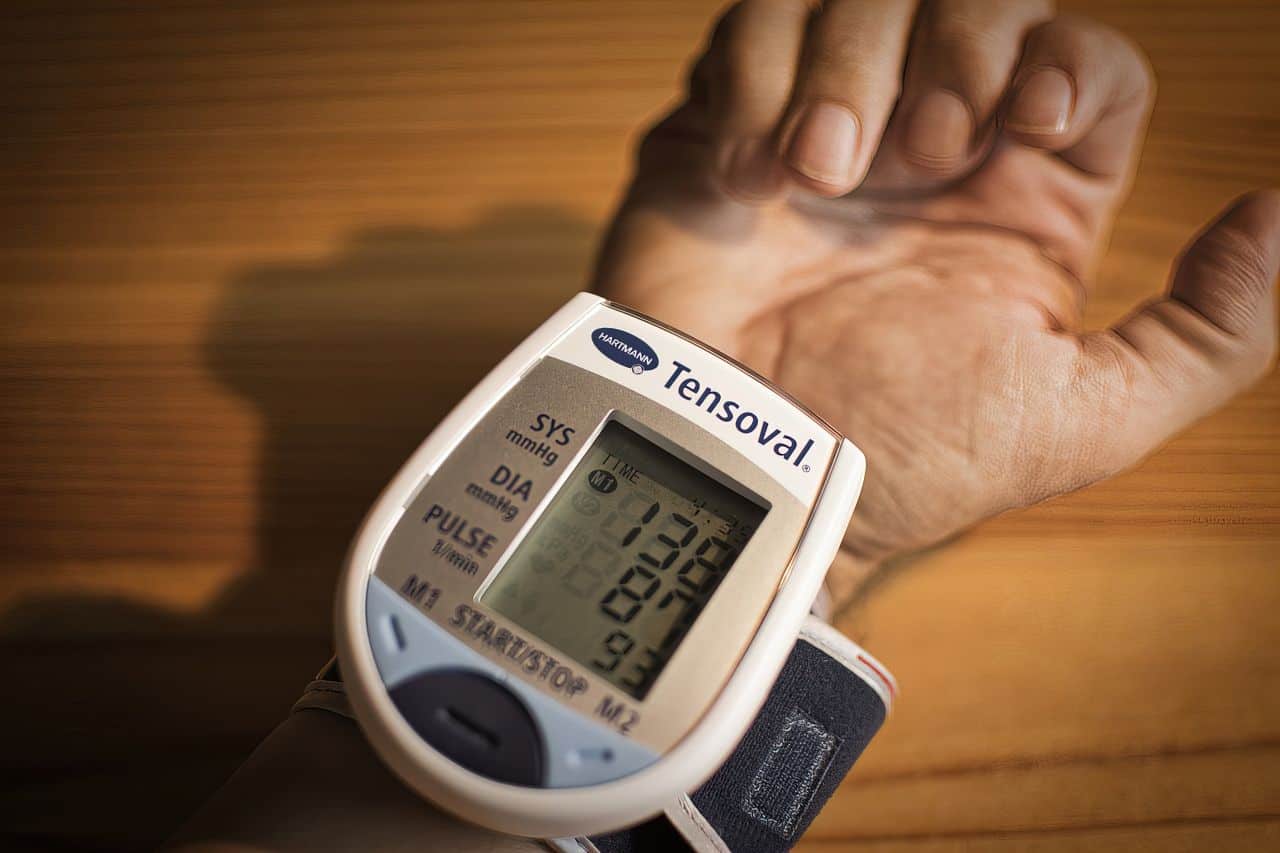High blood pressure occurs when the pressure inside the blood vessels is persistently higher than normal – the normal pressure is around 120/80 mmHg. It may go high from time to time depending on the activities that you carry out but returns to normal at rest. However, it does not go down if you have hypertension.
Many women are diagnosed with hypertension during pregnancy. This may happen even when the woman did not have hypertension before the pregnancy. The best way to manage blood pressure is to know what is causing it and deal with the issue. Here are some of the reasons why pregnant women may suffer from the condition.
Being Overweight or Obese
By just being overweight or obese, you increase your chances of getting hypertension. Being overweight means having a BMI of between 25 and 29.9, with obese women having a BMI of over 30. The excess weight puts pressure on the heart, causing it to overwork to circulate blood around the body. In addition, the growing tummy of an expectant mother can put more pressure on the circulatory system, causing high blood pressure.
Therefore, one way to deal with the problem is to manage your weight. You can control weight by living a healthier life by eating healthy foods and doing some regular exercise. However, do not attempt a diet plan without consulting your doctor.
The First Time Pregnancy
Studies have shown that women are more likely to have high blood pressure in their first pregnancy than in subsequent ones. This is because the body may not have been fully prepared for the stress of nourishing a growing baby. Most women who have this type of hypertension often get better as the pregnancy continues. However, if you do not get better, it is important that you seek medical advice.
More than One Baby
You may experience hypertension if you are carrying more than one baby. This is because the body works harder to nourish both babies. This condition is likely to get worse as both babies grow. Unless you have a pre-existing condition or are overweight, you may need medical assistance to control high blood pressure caused by carrying more than one child.
Age
Age can increase the risk of having increased blood pressure during your pregnancy. For example, women over 35 years have a greater chance of getting hypertension during pregnancy. This is because their bodies are not strong enough to handle the burden of carrying a young one and have to work extra hard to nourish the baby.
Pre-existing Hypertension
Women who had hypertension before they got pregnant have a higher risk of getting complications during the pregnancy. Get proper advice on ways to control your blood pressure before getting pregnant. The blood pressure also has to be checked regularly throughout the pregnancy.
Managing Hypertension During Pregnancy
The effective method of controlling blood pressure is having checkups regularly and following your doctor’s advice. You can buy a blood pressure monitor and take readings several hours apart. If you consistently get high readings or feel the symptoms of hypertension, get immediate assistance from your doctor.
Other lifestyle causes can be prevented by taking recommended measures as explained below:
- Avoid drinking alcohol and smoking. Both activities are known to increase blood pressure and other complications during pregnancy.
- Monitor your weight gain and seek help if you increase your weight very fast. Talk to a nutritionist to guide you on the best diet, depending on your body needs.
- Try to manage stress as it may make the blood pressure harder to control. Consider such techniques as yoga and meditation to enhance relaxation.
Hypertension may cause complications such as preterm birth, stillbirth, poor fetal growth, placental abruption, or a stillbirth. It may also damage your kidneys, liver, brain and cause heart disease. Check the risk factors and tips itemized above to control your blood pressure before, during, and after pregnancy.
